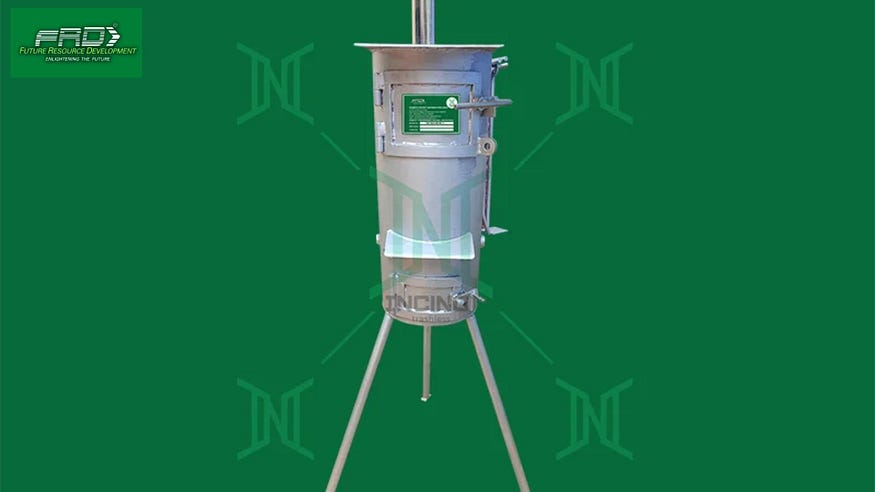Innovative Air Pollution Control Solutions: The Role of Incinerators in Kerala

Introduction
Air pollution has become one of the most pressing environmental challenges in Kerala and around the world. As industries and urban areas continue to grow, managing emissions and reducing pollutants is critical for public health and environmental sustainability. In this context, incinerators in Kerala are proving to be an effective innovation in air pollution control, offering a sustainable solution for waste disposal and emission management.
The Need for Air Pollution Control in Kerala
Kerala, known for its natural beauty and eco-tourism, is also facing increasing pollution levels, particularly in urban centers and industrial zones. The rapid development of infrastructure and industrial activities has led to higher levels of particulate matter, volatile organic compounds, and other harmful gases in the air. This has raised serious concerns about air quality and its impact on both human health and the environment.
How Incinerators Help Combat Air Pollution in Kerala
Incinerators play a crucial role in reducing air pollution in Kerala by efficiently disposing of waste while minimizing the release of harmful substances into the atmosphere. When properly designed and maintained, incinerators can burn waste at high temperatures, converting it into harmless ash, gases, and heat. This process not only helps manage waste but also reduces the volume of landfill waste, which is a significant source of pollution.
One of the key benefits of incinerators in Kerala is their ability to reduce the emission of harmful gases such as methane, which is often generated in landfills. By treating waste in an incinerator, the risk of methane leakage is minimized, thus lowering the overall contribution to greenhouse gas emissions.
Innovations in Incinerator Technology for Better Air Quality
In recent years, there have been several technological advancements in incinerator design that focus on improving efficiency and reducing emissions. Advanced incineration systems now feature sophisticated air pollution control technologies such as scrubbers, filters, and catalytic converters. These innovations ensure that the harmful emissions produced during the incineration process are captured and treated before they are released into the atmosphere.
For instance, modern incinerators in Kerala now incorporate flue gas cleaning systems, which remove particulates, acidic gases, and other pollutants from the exhaust gases. These systems help ensure that the air quality around incineration facilities remains safe and healthy for local communities.
The Role of Government Regulations and Initiatives
To ensure that incinerators in Kerala are effective in controlling air pollution, the state government has introduced several regulations and policies. These measures include setting emission standards, conducting regular monitoring of air quality, and promoting the use of eco-friendly technologies. The government has also encouraged the adoption of waste-to-energy plants, which utilize incinerators to generate electricity from waste, thus providing an additional environmental benefit.
Conclusion
With the growing concerns about air pollution in Kerala, incinerators in Kerala are proving to be an essential tool in the fight against environmental degradation. By adopting innovative air pollution control technologies and ensuring proper maintenance, Kerala can significantly reduce its pollution levels and protect both public health and its natural beauty. As the state continues to prioritize sustainability, the use of incinerators will play a crucial role in creating a cleaner, greener future for all.

Comments
Post a Comment